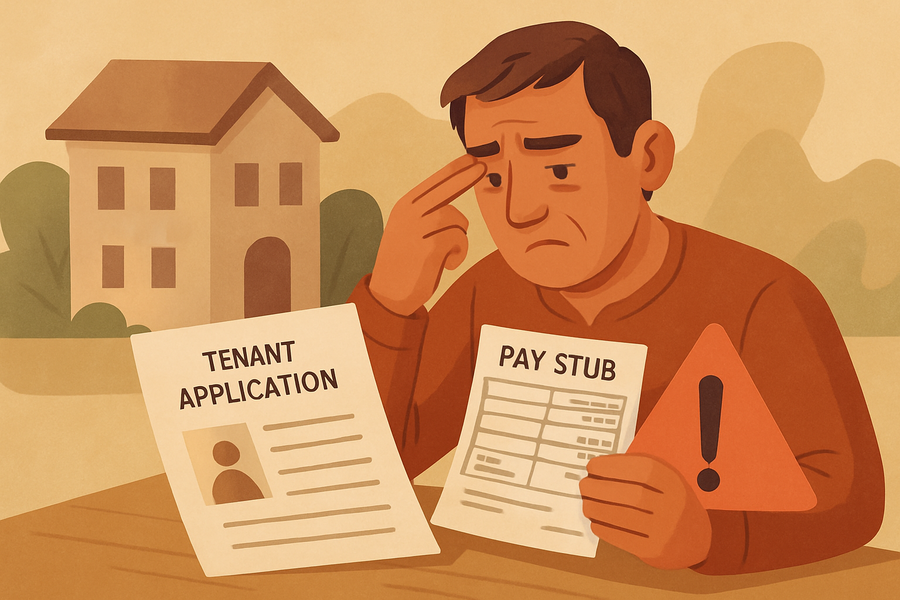The True Cost of Saying “NO” to Lower Rent
I’ve always felt privileged that I get to manage properties in an environment like Los Angeles. It’s one of the most diverse, inventive, exciting and profitable real estate markets in the world. But with all that excitement comes an ever-changing industry where the stakes are high and the decisions aren’t easy. One of the hardest decisions that I see owners have to make is whether to reduce or accept lower rent than they anticipated when leasing. I’m not going to make an argument for dropping the price. I’m simply going to illustrate the actual costs of holding firm in two different scenarios.
Opportunity Costs: Lost Rental Income
Obviously, the most immediate costs associated with holding an empty property is the lost rental income. As a property owner myself, I know there’s always a golden number in your head. The expectation. Many of us build empires out of expectations in our heads. But there’s always a price to sticking to your price. Especially here. Some believe they understand this principle but many simply turn a blind eye to the actual costs. Let’s do that here with an example:
- Let’s say you pass on a rent that is $200 less than you expected to collect. Your number was $2,500. Let’s then suppose you got the $2,500 but it took you four months. That means you’ve lost $10,000 by not accepting the $2,300 that was offered initially. To catch up and recoup that $10,000 it’ll take you exactly 50 months. That’s more than 4 years!
- Now let’s say you have a higher end property you want to rent at $5,000 per month. You pass on a tenant offering $400 less per month and it takes you four months to fill it with a tenant that matches your original price. That $20,000 is losses over those 4 months that will take 50 months to make this up.
If you’ve done this before, and I certainly have, did either of us actually figure the math on this? Let’s take a look at additional losses that are just as real.
Financial Drain of Maintenance Costs
Sir Isaac Newton’s First Law of Motion states that an object at rest stays at rest. Well clearly, Newton never owned property. It’s amazing how a property that just sits there and exists can require so much maintenance. Properties are more like our bodies, they need constant nutrition, love and care or else things start to decline fairly quickly. Vacant properties require ongoing upkeep to prevent deterioration. You know better than anyone else what these are for your property.
Increased Risk of Vandalism and Crime
I don’t wish it on anyone. The feeling of walking up to your property, putting the keys in the door but then the door just sways open. You poke your head in and your worst fears are confirmed. The place has been sacked. That feeling is devastating. No one thinks it’ll happen to them until it does. In my years in management, I’ve also seen the damage go beyond physical repairs. Owners may face legal fees if they need to evict squatters or deal with other criminal issues.
Regulatory Costs and Compliance Issues
For residential rental property owners in Southern California, so many cities now have a complex web of regulations regarding property ownership. Residential owners may face fines for failing to maintain their properties, and there are specific ordinances that require registration for vacant buildings. Local municipalities are adding regulations designed to minimize the negative impact of vacant properties. These can include maintenance requirements, safety inspections, and the necessity to keep the property secure.
Emotional Costs
I had to put this one here at the end because it’s the one I actually relate to the most. Holding an empty property takes a psychological toll on an owner. It’s the itch that can’t be scratched. The “To Do” list item that doesn’t get checked off the list. There’s just an undeniable weight and ongoing stress to it all.
I work hard at my job to lift this weight off my client’s shoulders because I know just how heavy it can be. I know there are situations where you just need to hold firm and get your price. However it’s my job and the purpose of this article to make sure you count the cost accurately. In my opinion, it’s critical to always weigh your golden price vs. the relief and cash flow that comes from lifting that weight sooner.
Written by David Crown, Chief Executive Officer, Los Angeles Property Management Group
David Crown is the Chief Executive Officer of Los Angeles Property Management Group and has over 30 years of experience managing all types of income properties. He can be reached directly at (323) 433-5254.









